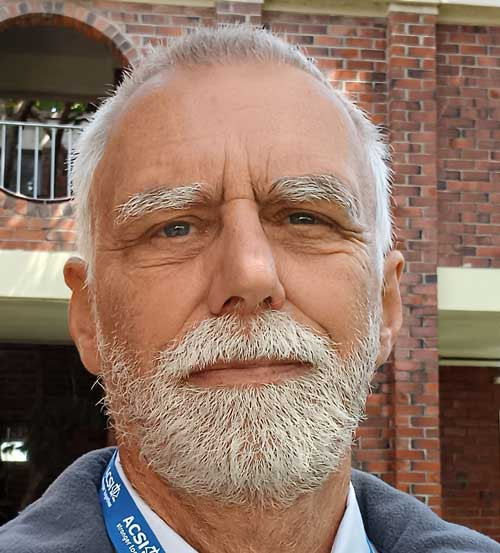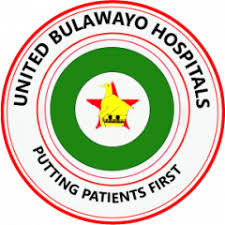
A number of years ago, a headmaster approached a parent and politely asked him not only why he was not sending his child to that school but also why he had not come to look at the school, before deciding not to send him.
The parent’s response was quick: “I heard that four years ago you had a drugs problem.” In truth, it was not the school that had the problem but the parent, not least in three areas!
Firstly, he “heard” — did he bother to find out if there was any truth? Do we simply believe everything we hear? Come on! Secondly, he heard “four years ago” — can he remember what happened in his business four years ago? Was it the same then as now? Do things not change? Thirdly, he heard there was a “drug problem” — excuse me, which school does not have a drug problem?
Just because we do not hear of there being a drug problem at a school, does it mean there is none? Does he not want to find out what the school does to prevent it becoming a drug problem and what the school does on discovering a drug problem? Surely that should have been right?
There are many things we all need to grasp urgently from the dregs of drugs. It does not matter whether we are rich or poor, whether our children go to high fee-paying schools or low income, whether we are in urban or rural areas, we all face this major battle for the future of the children of this country.
It is not a question of finance; when it comes to where there is a will (or more precisely, a desire for drugs), there is a way. Without a shadow of doubt, we all face this battle, we are all in this together and we must all stand together, side by side, strong in battle.
In a similar way, it does not matter whether our children are clever or have learning difficulties, are talented in academics or sport, they are all equally exposed to the threat. It has nothing to do with a matter of ability. Let us also be clear though: our fight is not against our children; our fight is against drugs and substance abuse. We must fight for our children, for their lives, for their health, for their future.
In that regard we should not focus on punishments for those who succumb to the lure of the drugs but rather focus on equipping them to fight for themselves against the dangers and temptations, lest they land up in the depths of the dregs.
- Chamisa under fire over US$120K donation
- Mavhunga puts DeMbare into Chibuku quarterfinals
- Pension funds bet on Cabora Bassa oilfields
- Councils defy govt fire tender directive
Keep Reading
Others (than those in education) must lead the fight against those who push drugs, who trap our youngsters into the ever-spiralling vacuum (let us not forget though that those very people went through our education system once); we for our part must fight for our children.
Just as Paul in the Bible declared that “our struggle is not against flesh and blood, but against the rulers, against the authorities, against the powers of this dark world and against the spiritual forces of evil in the heavenly realms”, (which does, to some degree, have relevance here), we should also note that our struggle is not against drugs and substance abuse per se. Our fight is against what causes young people to turn to drugs and substance abuse. That is what we must address.
Since Covid-19, we have seen our youngsters increasingly face massive mental health issues, depression and despondency, as a result of which (among other reasons) they have turned to drugs to give them a ‘high’, a temporary release.
They have turned to other addictive substances to give them a feeling of hope. Education, at school and at home, must enable youngsters see other solutions to the desperate lure that can easily suck them into greater darkness and desperation. Intelligent people still hurt; clever people still may feel hopeless.
In that regard, therefore, when it comes to drugs, the curriculum will not cure them. The syllabus will not solve the problem.
We are dealing much more with EQ than IQ. Our focus, therefore, must change drastically. Rushing to give talks on the dangers of drugs is only providing a sticky tape to cover the problem; that is not going to change anything.
The education that we offer must be one that brings hope and meaning and purpose, not one that pushes our children into the dregs of drugs. It must be based on values. We must produce principled youngsters, not programmed youngsters.
We must give them reasons why they should not yield to temptation, not tell them that they must not or simply punish them when they do.
That is our true battle. Hope, not hype, must be our gift to them. Now — not in four years’ time. Do we hear?
- Tim Middleton is the executive director of the Association of Trust Schools [ATS]. The views expressed in this article, however, are solely those of the author in his private capacity and do not necessarily represent the views of the ATS.
- Email: tim@atszim.org website: atszim.org









